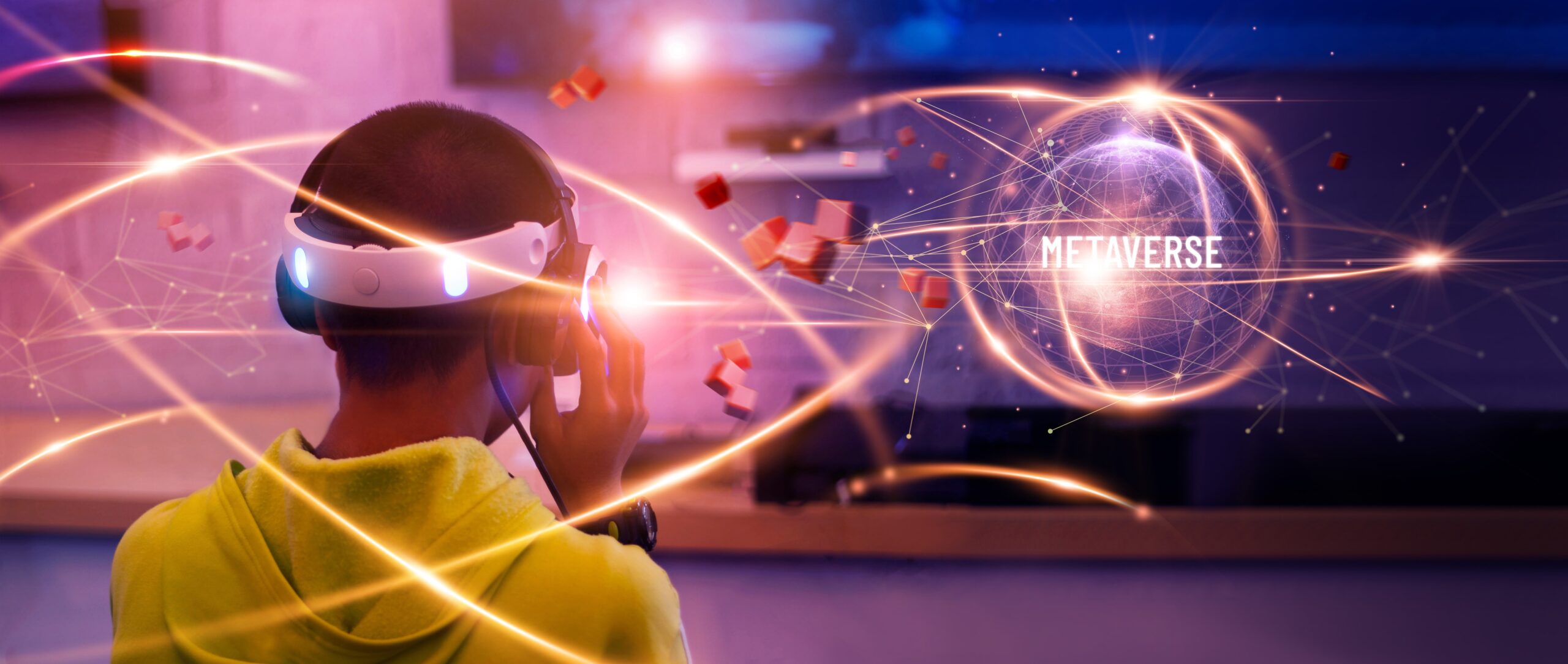Siemens has earmarked around two billion dollars for metaverse development, including $500 million for a new technology campus in Erlangen, Germany. The company is building and testing the campus in the virtual domain before construction occurs.
The latest developments come as part of Siemens’ global investment strategy. The plan will witness capital expenditure in Europe, the U.S., China, and Southeast Asia.
Major metaverse investment
Siemens is making major investments in the industrial metaverse, leveraging VR and AI technologies to create a futuristic factory environment with digital twins.
The company has earmarked $500 million for its technology campus in Erlangen, Germany, from the $2 billion metaverse fund. According to Siemens, the site is environmentally sustainable and spans around 200,000 square meters.
Roland Busch, CEO of Siemens AG explained how the new campus allows the company to integrate the real and digital domains.
“Together with our partners, we are developing new digital technologies in the metaverse and revolutionizing the way we produce in the future – much more efficiently, flexibly, and sustainably,” said Busch.
The campus in Erlangen is the focus of Siemens’ innovation and production teams. The corporation will further leverage AI to help design and test cutting-edge production models in the virtual world.

A big deal for Germany
The big-ticket investment is good news for Germany as it faces multiple economic challenges.
German Chancellor Olaf Scholz hailed Siemens’ plans as a good deal for Germany, highlighting the importance of the news.
“This investment is a strong signal for Germany as a location for innovation and production. The leading-edge manufacturing facility being built in Erlangen is a good example of how our economy is moving toward a climate-neutral future – as a strong industrial country with good sustainable jobs,” said Scholz.
Weakening export demand and high borrowing costs have contributed to a weak German economy. The country slipped into a recession in the first quarter of the year.
The economic outlook for the country is stagnant for now, but large-scale capital expenditure such as Siemens at least offers hope in the longer term.
The industrial metaverse
Industry is seizing the opportunities the metaverse presents even as mainstream media writes the technology off. Many large corporations are working on variations of the industrial metaverse, connecting the real and digital worlds.
For its metaverse, Siemens partnered with graphics card manufacturer Nvidia, a major metaverse and AI technology proponent. In May, the graphics card manufacturer revealed that its twin-prong market strategy helped the company to revenues of $7.19 billion in Q1 of 2023.
Even Microsoft remains committed to the industrial metaverse despite job cuts and an arguably weak record in the sector.
“Our commitment to innovate in this space and our commitment to support our customers is unwavering,” said Microsoft earlier this year.
Industrial metaverse exceeds expectations
A study co-authored by Nokia and EY and published in June found the industrial metaverse is exceeding expectations.
According to 860 industry respondents from sectors in the U.S., Brazil, U.K., Germany, Japan and South Korea, their perceptions of the metaverse were highly positive.
“On average, 80% of those who have already implemented metaverse use cases believe they will have a significant or transformational impact on the way they do business,” said the report.
Of those respondents, 15% reported that their industrial metaverse reduced capital expenditure, while 10% said the implementation improved sustainability.









 and then
and then